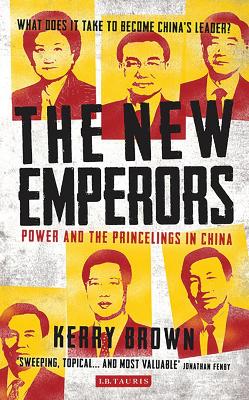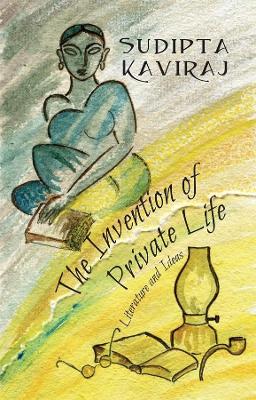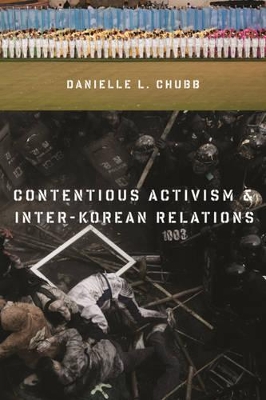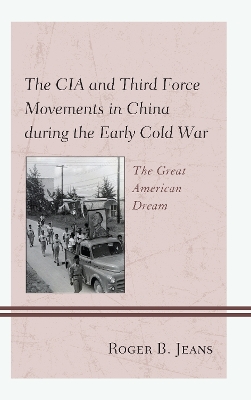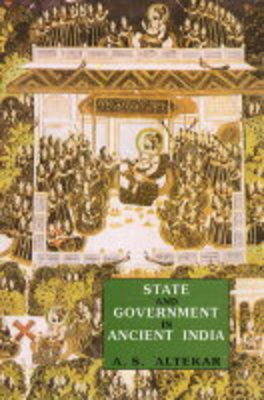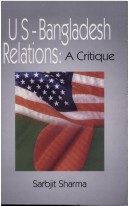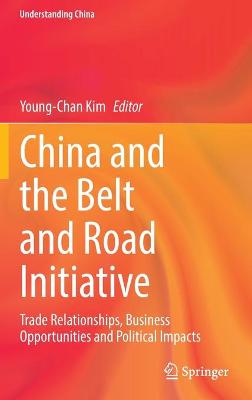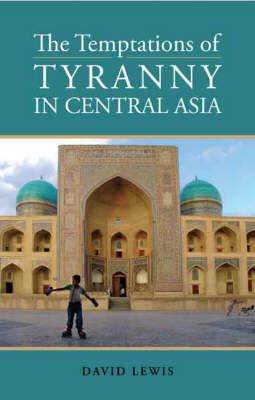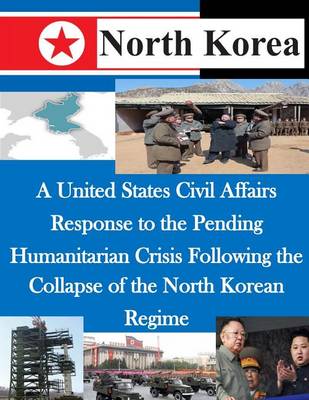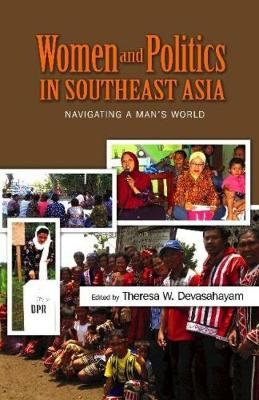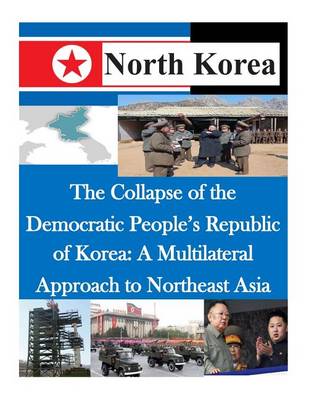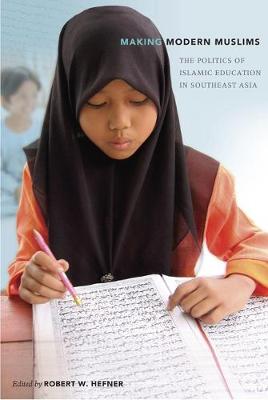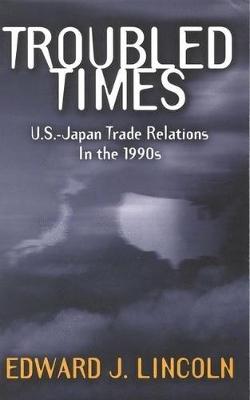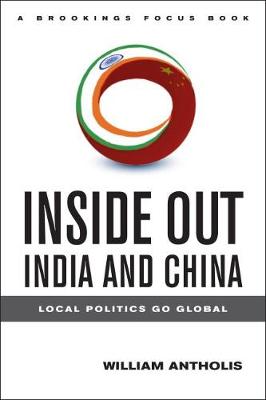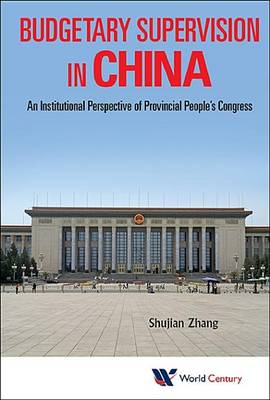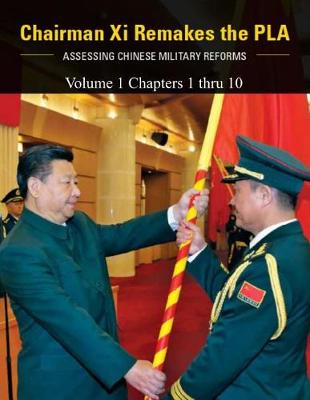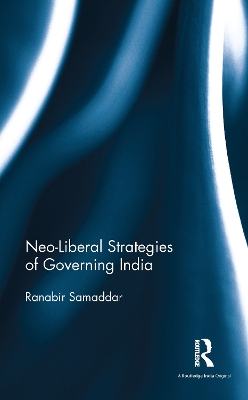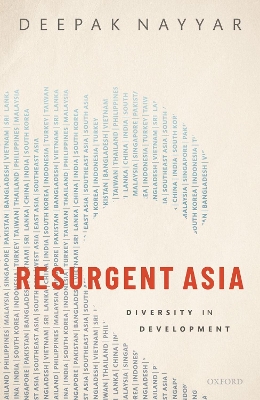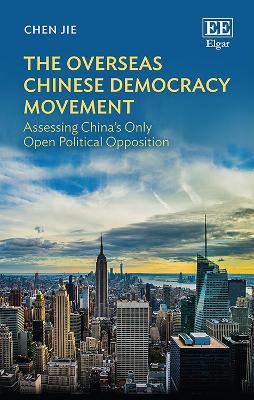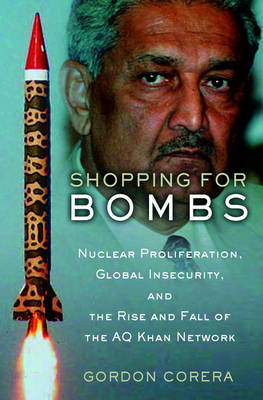China has become the powerhouse of the world economy and home to 1 in 5 of the world's population, yet we know almost nothing of the people who lead it. How does one become the leader of the world's newest superpower? And who holds the real power in the Chinese system? In The New Emperors, the noted China expert Kerry Brown journeys deep into the heart of the secretive Communist Party. China's system might have its roots in peasant rebellion but it is now firmly under the control of a power-cons...
The essays in this volume, which lie at the intersection of the study of literature, social theory, and intellectual history, locate serious reflections on modernity's complexities in the vibrant currents of modern Indian literature, particularly in the realms of fiction, poetry, and autobiography. Sudipta Kaviraj shows that Indian writers did more than adopt new literary trends in the nineteenth and twentieth centuries. They deployed these innovations to interrogate fundamental philosophical qu...
Contentious Activism and Inter-Korean Relations (Contemporary Asia in the World)
by Danielle L. Chubb
In South Korea, debate over relations with the North is a contentious subject that transcends traditional considerations of physical and economic security. Political activists play a critical role in shaping the discourse as they pursue the separate yet connected agendas of democracy, human rights, and unification. Providing international observers with a better understanding of how South Korean policy makers manage inter-Korean relations, this volume traces the debate from the 1970s through Sou...
The CIA and Third Force Movements in China during the Early Cold War
by Roger B. Jeans
When the Chinese Communists defeated the Chinese Nationalists and occupied the mainland in 1949-1950, U.S. policymakers were confronted with a dilemma. Disgusted by the corruption and, more importantly, failure of Chiang Kai-shek's Nationalist armies and party and repelled by the Communists' revolutionary actions and violent class warfare, in the early 1950s the U.S. government placed its hopes in a Chinese "third force." While the U.S. State Department reported on third forces, the CIA launched...
Enslaved Lives? (New historical perspectives on migration)
by Crispin Bates and Marina Carter
An introduction to the fundamental changes in 19th-century India which contributed to the flow of labour out of the subcontinent, this book focuses on the nature of labour mobilization/immobilization and the reorganization of the Indian labour market in the colonial period, and the consequent Indian diaspora. The story begins in the mid-18th century, outlining the change in society and political economy of early-colonial India that helped to create the labour force required by the plantation and...
China and the Belt and Road Initiative (Understanding China)
This book offers critical insights into the China-led Belt and Road Initiative (BRI) from an EU perspective. It analyzes the political, cultural, and diplomatic effectiveness of Xi's efforts to expand socio-cultural ties and build new trade corridors between Europe and the Far East, and sheds light on the lasting success and influence of China-led economic programs. The book is divided into three parts. The first part provides an overview of the various dimensions of the BRI initiative, includi...
Benazir Bhutto, 1953-2007, former prime minister of Pakistan.
After the recent toppling of the Taliban in Afghanistan, the important but overlooked ex-Soviet states of Central Asia-Tajikistan, Kazakhstan, Uzbekistan, Kyrgyzstan, and Turkmenistan-briefly became key players in the war on terror. Military and economic aid from America and other Western countries poured into the region on the assumption that stability and greater democratization would be the result. Only a few years later, however, the West's strategy to exert geopolitical influence in the reg...
This book aims to contribute to the discourse on women and politics in Southeast Asia. The chapters, covering Indonesia, Myanmar, the Philippines, Timor-Leste and Singapore, analyse the asymmetrical power relationships between the sexes and how power differentials between men and women play out in the realm of politics are a reflection of the power contestations women face with men in other spheres of everyday life. Each chapter seeks to ask a different question in terms of where women viz. men...
The Collapse of the Democratic People's Republic of Korea (Korea)
by Air Command and Staff College
In this book, Edward J. Lincoln tackles the thorny issue of U.S. trade relations with Japan, the subject of so much tension in the 1990s. In so doing, he builds on his earlier Brookings book, Japan's Unequal Trade. Lincoln argues that statistical evidence shows only modest progress in diminishing Japan's "distinctiveness." Despite an upturn in the mid-1990s, import penetration, intra-industry trade, and inward foreign direct investment all remain low relative to most other nations. High profile...
For the last decade, China and India have grown at an amazing rate - particularly considering the greatest downturn in the U.S. and Europe since the Great Depression. As a result, both countries are forecast to have larger economies than the U.S. or EU in the years ahead. Still, in the last year, signs of a slowdown have hit these two giants. Which way will these giants go? And how will that affect the global economy? Any Western corporation, investor, or entrepreneur serious about competing int...
Neo-liberal Strategies of Governing India and its companion volume Ideas and Frameworks of Governing India tell the story of governance in independent India and address the critical question: how is a post-colonial democracy governed? Further, they attempt to understand why the process of governing a post-colonial democracy, particularly in the neo-liberal age, should be studied as the central question within the history of post-colonial democracy. The volumes offer hitherto unexplored analyses...
Gunnar Myrdal published his magnum opus Asian Drama, in 1968, to conclude that Asia's development prospects were gloomy. Since then, contrary to Myrdal's expectations Asia has been transformed beyond recognition, the development of nations and living standards of people revolutionized. These transformations have been uneven across countries and unequal among people. Yet, Asia's economic progress in this short timespan has been remarkable and almost unprecedented in history. Resurgent Asia provi...
The People's Republic Of China
Malayasia's Parliamentary System
by Lloyd D Musolf and J. Frederick Springer
The overseas Chinese democracy movement (OCDM) is one of the world's longest-running and most difficult exile political campaigns. This unique book is a rare and comprehensive account of its trajectory since its beginnings in the early 1980s, examining its shifting operational environment and the diversification of its activities, as well as characterizing its distinctive features in comparison to other exile movements. Chen Jie takes an empirical approach to the history of the OCDM, drawing o...
A.Q. Khan was the world's leading black market dealer in nuclear technology, described by a former CIA Director as "at least as dangerous as Osama bin Laden." A hero in Pakistan and revered as the Father of the Bomb, Khan built a global clandestine network that sold the most closely guarded nuclear secrets to Iran, North Korea, and Libya. Here for the first time is the riveting inside story of the rise and fall of A.Q. Khan and his role in the devastating spread of nuclear technology over the la...
